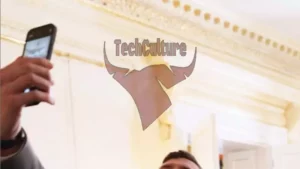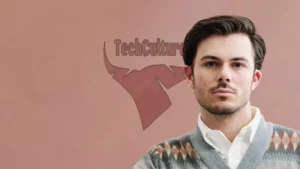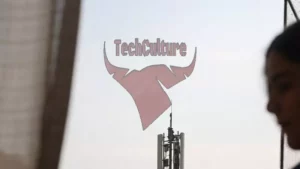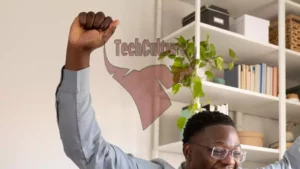President Joe Biden recently found himself in an ironic position when he showcased his putting skills on a public golf course in Michigan, and the moment was immortalized on TikTok. This social media platform, known for its viral trends and dance challenges, has become a battleground for the Biden administration as they navigate both utilizing and potentially banning it in the United States. Kahlil Greene, a prominent TikTok user with over 650,000 followers, aptly pointed out the hypocrisy in Biden’s support for a TikTok ban while simultaneously leveraging it for his campaign.
In a strategic move to engage with younger voters who frequent social media platforms, Biden’s campaign actively collaborated with TikTok influencers during the 2020 election. The power of TikTok as an influential tool has only grown since then, shaping public perceptions and narratives about the president. Biden’s team acknowledges the necessity of meeting voters where they are in today’s fragmented media landscape, utilizing various platforms such as WhatsApp, Facebook, Instagram, YouTube, and now TikTok to disseminate campaign content.
The legislation signed by President Biden mandates that ByteDance, the Chinese company behind TikTok, must divest the app to a U.S. entity within a year or face a nationwide ban. Interestingly, former President Donald Trump, who initially sought to ban TikTok during his tenure, now opposes such measures. The contrasting approaches to TikTok between administrations underscore the complexities of managing technology and national security concerns in the digital age.
Despite the Biden campaign’s embrace of TikTok and the platform’s popularity among younger demographics, there are dissenting voices within the president’s base. Concerns have been raised about the potential implications of legislation that could force divestment, particularly from content creators who collaborate with the campaign. Additionally, discontent among young voters over broader political issues, such as the administration’s stance on the Israel-Hamas conflict, adds another layer of complexity to the TikTok debate.
As adults under 30 express opposition to a TikTok ban in the U.S., it highlights the generational divide in attitudes towards social media regulation. The evolving relationship between governments, technology companies, and social media platforms underscores the challenges of balancing national security interests with freedom of expression in the digital era. For President Biden, navigating the TikTok conundrum serves as a microcosm of the broader complexities inherent in governing in an increasingly interconnected world.





